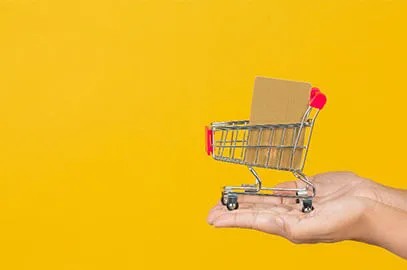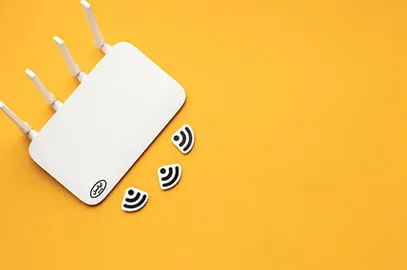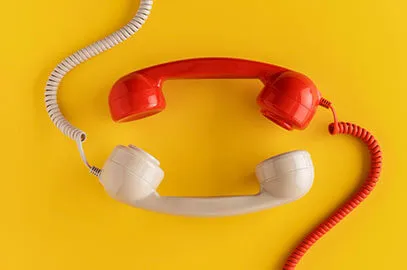Internet of Food

Certainly, food is one of the most important aspects of world people’s life, and it’s a cultural link between them. Regardless of whether we are talking about religious rituals, our health or the biggest environmental damages we have caused, food is always an inseparable part of them. Therefore, nothing might seem more logical than creating the Internet of Food to develop an information infrastructure for it.
Dr. Matthew Lange food scientist and informatician from the University of California, Davis believes that Internet of Food (IoF) can help people to have more informed choices about what they eat. Lange is the principal investigator at IC-Foods in UC Davis. The IC-Foods organization is trying to develop standardized languages and ontologies (computable languages) around food. To digitizing the food effectively, everything in food supply chain from processing plants to farms to grocery stores, etc. need to be part of the same single ecosystem. A label on the pack of spinach might boast it’s organic, have the name of the distributor, and claim about being washed three times, but you still don’t know much about where it came from.
If tracking each leaf was started from farm to table, a QR code on the label might contain information that affects what you buy. That way, you could have a better idea of the company’s definition of free-range or choose the veggies that came from the closest farm in order to contribute to energy saving. Imagine instead of a sell-by date, you could see exactly when the item was picked or packaged.
Lange says: “Digitizing food enables unprecedented insights from a historical tracing (point of view), which also then enables remarkable predictive analytics about food.”
Blockchain
The blockchain is often considered as a digital ledger that’s shared throughout a network. Deals and changes are publicly registered as a “block.” That block is linked to the next deal in the sequence, and by going further down the chain, you’ll be able to see the record of every single transaction. Because of its decentralized nature (no one owns it), blockchain simplifies access to shared information for individuals in different companies, without having to doubt its authenticity.
This structure is used for cryptocurrency transactions like Bitcoin but also has been considered for more applications such as health records. IBM, Walmart, and Nestlé are working together on a food blockchain. The World Health Organization estimates 420,000 people die of foodborne diseases each year, and the three mentioned companies think blockchain technology can simplify to determine the source of contamination and speed up this process (in hours rather than weeks).
At every step in the supply chain, farmers, processors, distributors, and retailers all can access the data that comes before and after them. Regarding the bigger picture, it could help pinpoint ways to reduce costs as well.
Lange says: “As blockchain technologies become more ubiquitous and food languages become more standardized and/or interoperable, we’ll see a drop in the cost of transactions. We believe that the combination of standardized terminologies, together with blockchain and robotics, allows businesses to compete and to be more accountable, honest, and ultimately reliable.
The language of legumes
Global Open Data for Agriculture and Nutrition (GODAN) brings together governmental and non-governmental organizations so they can share the wealth of data collected from Internet of Things and other technologies. Partners can use the information in infinite ways, like developing an atlas based on crop systems, soil, and local weather. Scaling up can provide crop-yield estimates and pinpoint new planting areas, which will become increasingly important for water-scarce regions.
Lange says: “At the same time, there are very innovative companies who are creating or supporting the creation of languages, through web scraping, AI, and even manual methods. These languages can drive their business models, whether it’s specific ways to represent recipes, meals food composition data, or food production growing conditions.”
Part of IC-Foods’ mission, is to develop a standardized language that can be used by both industry and government. U.K.-based Whisk tries to digitize food, not only by tracking food on its journey to your house but helping you choose what to cook once it’s in your fridge and introducing smart appliances that help you become a better cook, too.
About languages, consumers might expand their food vocabulary as well. Lange says: “What we haven’t seen yet is the food equivalent of the web browser. Every single web browser understands HTML, but while most web surfers don’t understand it, almost all of them do know what an image is.” Eventually, the practical details will hide behind an interface, so people won’t necessarily have to see the code behind the crops.


